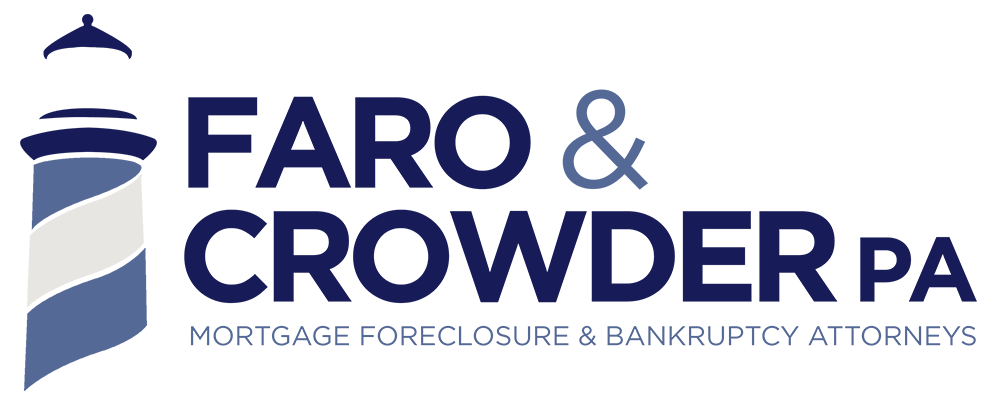A financial emergency may occur due to a sudden job loss or overwhelming medical bills. When you are struggling to pay your bills and considering filing bankruptcy, it is important to understand which type of filing is best for you.
In this blog, we’ll take a look at Chapter 7, Chapter 13 and breakdown how the automatic stay works in an bankruptcy.
Chapter 7 Bankruptcy
Filing a Chapter 7 bankruptcy, or liquidation bankruptcy can wipe out your general unsecured debt.
Comprehensive debt relief. Most, if not all, of your unsecured debts will be discharged or eliminated in a Chapter 7. The most common unsecured debts are credit card bills and medical debt.
Protection from creditors. As soon as you file your bankruptcy, the automatic stay is effective. The stay prohibits most collection activity from continuing against you while your bankruptcy is pending.
Timely debt relief. A typical Chapter 7 filing lasts four to six months, which is a relatively short period of time when compared to the three to five years a Chapter 13 case lasts.
Assets protected by exemptions. While a Chapter 7 filing is often called a “liquidation bankruptcy,” the reality is that most debtors do not lose their assets. Under the law, there are numerous exemptions that protect certain assets from being included in your bankruptcy estate.
Examples include protections for your home, vehicle, qualified retirement account and other types of valuable assets. In fact, it is common for a Chapter 7 debtor to discharge all of his or her debt while maintaining possession of all of his or her assets.
Affordable. A Chapter 7 case is generally less expensive than filing a Chapter 13 case. A Chapter 7 doesn’t last as long, so your lawyer’s fees and costs are usually lower.
Chapter 13 Bankruptcy
Filing a Chapter 13 provides you more flexibility in restructuring your debt and the following benefits:
Automatic stay. As soon as you file a bankruptcy case, the automatic stay is effective. It prohibits creditors from taking any collection actions against you while your bankruptcy is active. The stay halts all collection calls, lawsuits and garnishments.
Debt consolidation. Your Chapter 13 plan allows you to reorganize your debt and consolidate it into one monthly payment that you make to the trustee, who then disburses the funds to your creditors as set forth in the terms of your plan.
Elimination of debt. Your unsecured debt, such as credit cards and medical bills, is paid a percentage of what is owed under your repayment plan. The percentage depends on your income and debt, but most debtors pay pennies on the dollar owed, if anything at all.
Cure delinquencies. If you have fallen behind on your mortgage loan payments or your vehicle loan payments, you can include small payments in your Chapter 13 plan to be applied to curing your delinquencies. A Chapter 13 case lasts three to five years, which typically gives you plenty of time to cure your payment defaults and get your secured loan back on track.
Lien stripping of inferior mortgages. If you have a second or third mortgage on your home, you may be able to “strip” the lien and treat it as an unsecured debt. To qualify, the value of your home must be less than what is owed on the first mortgage. To learn more about lien stripping, please read out blog titled “Stripping Off Junior Mortgages in Bankruptcy.”
The Automatic Stay
One of the benefits of filing a Chapter 7 or Chapter 13 case is the automatic stay.
The stay is immediately effective upon your bankruptcy filing and it prevents creditors from taking any further collection activities against you. This can be very helpful when you are facing a financial emergency:
- Foreclosure of your home. Whether your mortgage lender is threatening to foreclose or you already have a foreclosure lawsuit filed against you, a bankruptcy filing can halt (at least temporarily) your lender’s actions. At a minimum, your filing will allow you to have more time in your house.
- Eviction from rental property. Depending on where you are in the eviction process, a bankruptcy filing may allow you to delay it.
- Account or wage garnishment. If a creditor has a judgment against you, it is likely that a garnishment of your paycheck or your bank account has been filed against you. As soon as you file your bankruptcy petition, the automatic stay stops all garnishments. Additionally, it is possible the debt linked to the garnishment can be discharged or eliminated in your filing. In fact, it is possible that the creditor will be ordered to refund a portion of the funds previously garnished.
- Disconnection of utilities. Even if your electricity has been turned off, a bankruptcy filing may allow you to get it reinstated. This can be a real advantage if you are in the middle of summer or a terrible winter and you do not want your utilities to be turned off.
If your financial struggles have put you in one of the above situations or a similar circumstance, it is time to consider your debt relief options. We can help you understand how filing a bankruptcy case will benefit you. We can also explain your other debt relief options. Call us to schedule a free consultation today.
The information on this blog or any blog is not intended as, and should not be taken as, legal advice.
